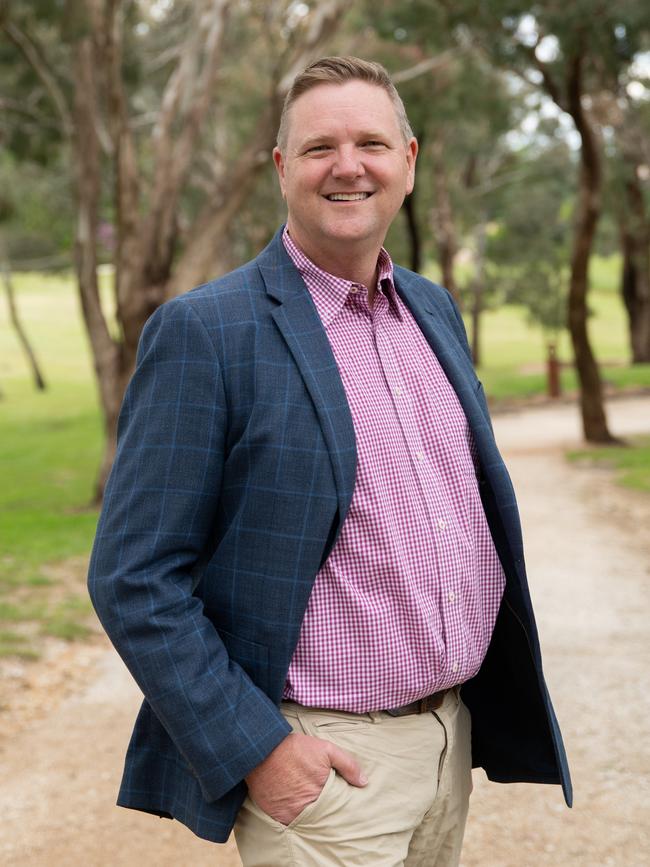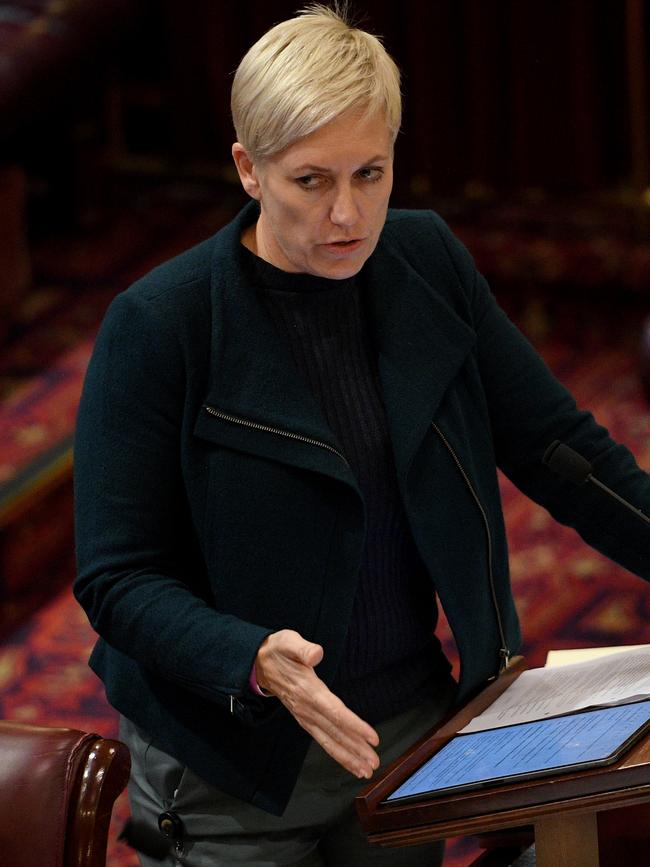Rural and remote doctor shortage due to decades of neglect by NSW governments
NSW has lost three-quarters of the rural GP workforce in the past 10 years leaving only 200 doctors to serve more than 600,000 residents with the region predicted to have no locally-based doctors at all four years from now.
News
Don't miss out on the headlines from News. Followed categories will be added to My News.
On current trends, we have four years before there will be no GPs living in rural and remote NSW able to run the local hospital if nothing is done to address the rural health crisis in NSW.
In the past 10 years, NSW has lost 600 rural and remote GPs or three-quaters of the rural generalist workforce, leaving only 200 doctors to serve more than 600,000 residents. Only 15 per cent of Australian medical graduates today want to become GPs, down from around 50 per cent two decades ago. There are more than 40 rural general practices in NSW at risk of closure today.
In response, the NSW Parliament established an Inquiry into rural and remote health outcomes last year to find out what has gone wrong and how to fix it.
The final report was released last week – the same week that a further two remote general practices announced their closure. The Report is a devastating indictment on decades of neglect of rural and remote people by our governments, and the failure to put patients first in our health system.

Despite billions of dollars of investment being announced over a 20 year period to address rural GP shortages, the situation has progressively gotten worse.
The Inquiry received more than 700 submissions and listened to evidence from rural and remote people about “emergency departments with no doctors; of patients being looked after by cooks and cleaners; of excessive waiting times for treatments; and misdiagnosis and medical errors”.
It heard evidence of a culture of fear that has stopped doctors, nurses and members of the community from raising the alarm about failures inside our rural and remote hospital system. It listened to heartbreaking accounts of loved one’s dying unnecessarily in a poorly designed and underfunded system that is not fit for purpose.
There is only one big question rural and remote people are asking of the Report: “will it deliver a permanent GP to my town before its too late?”.
The answer to this question is ‘No’.
The Report’s 44 recommendations could lead to important and impactful reform. But the Inquiry failed to adopt the one recommendation that would have ensured that rural and remote people would no longer be out of sight and out of mind in a system that has grown too large and too removed from the day-to-day experiences of rural and remote communities – the creation of an independent statutory Rural and Remote Health Commission.
An independent NSW Rural and Remote Health Commission, empowered to drive and oversight reform, would have ensured these recommendations would not gather dust on the shelf as so many other Inquiry recommendations have done.
Accountability to the community can be painful at times for governments, but so it should be. Rural and remote people are dying unnecessarily from preventable conditions up to 11 years earlier than people who live in the cities, and this should be causing governments extreme discomfort.

The suffering of rural and remote people must remain in the public eye, long after this Inquiry, if we are to achieve genuine and lasting reform.
The Hon Cate Faehrmann (NSW Greens) expressed the frustration of rural and remote people in her dissenting report: “A Rural and Remote Health Commissioner would [fulfil the role of proactively advising, monitoring and reporting on the government’s actions to improve regional, rural and remote health services following this inquiry], and it would also help reassure the many health experts and professionals, communities and individuals who contributed to this inquiry that any momentum gained over the past 18 months is maintained for years to come, not just to the next election”.
With proper independent oversight by rural and remote people, this Report has the potential to transform rural health policy.
It will shine a spotlight on the waste of taxpayer money, for example, the construction of new rural hospitals without any plans for how they will be staffed. It will challenge governments to stop making meaningless announcements about “innovative new approaches”, and encourage thoughtful investment in proven solutions.
It is now up to the NSW government to rebuild the trust of rural and remote people, and ensure a real agenda for reform is funded and put in place before rural and remote communities lose the last remaining GPs in the next 4 years.
Mark Burdack is the CEO of rural health charity Rural and Remote Medical Services Ltd. He has led major initiatives over the last 20 years to address inequality and unfairness in access to services for rural and remote people in NSW, including the establishment of LawAccess NSW for the NSW Government, HealthAccess and a new rural medical school for Charles Sturt University in Orange.
Mark Burdack is CEO of Rural and Remote Medical Services Ltd
Got a story tip? Email us at federalelection@news.com.au
Know some goss or seen something in your electorate? Contact us at election.confidential@news.com.au
Originally published as Rural and remote doctor shortage due to decades of neglect by NSW governments


